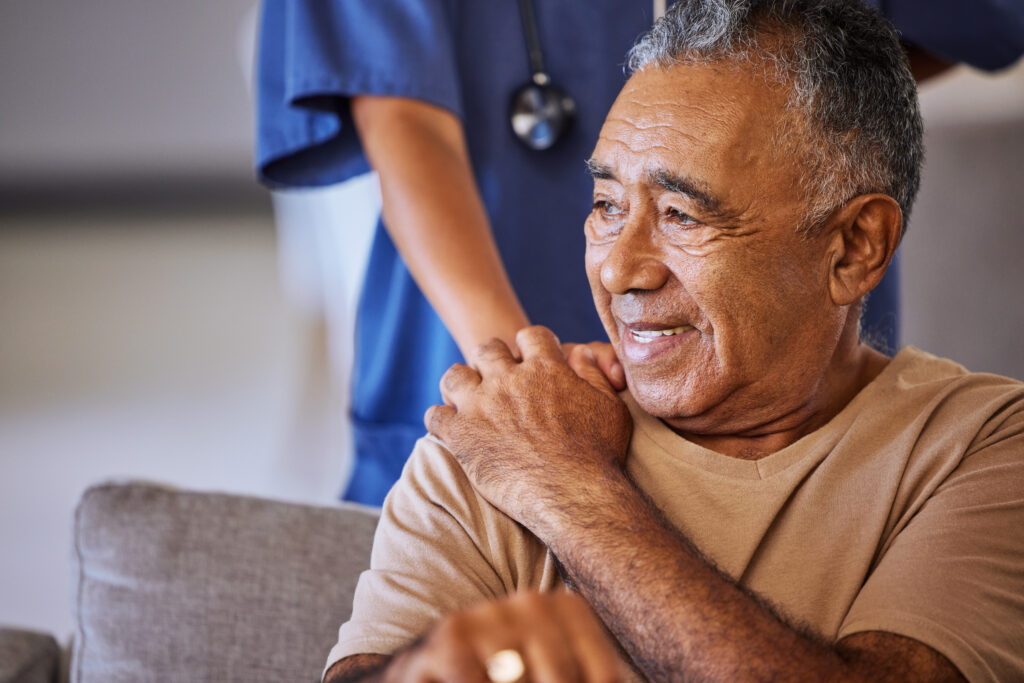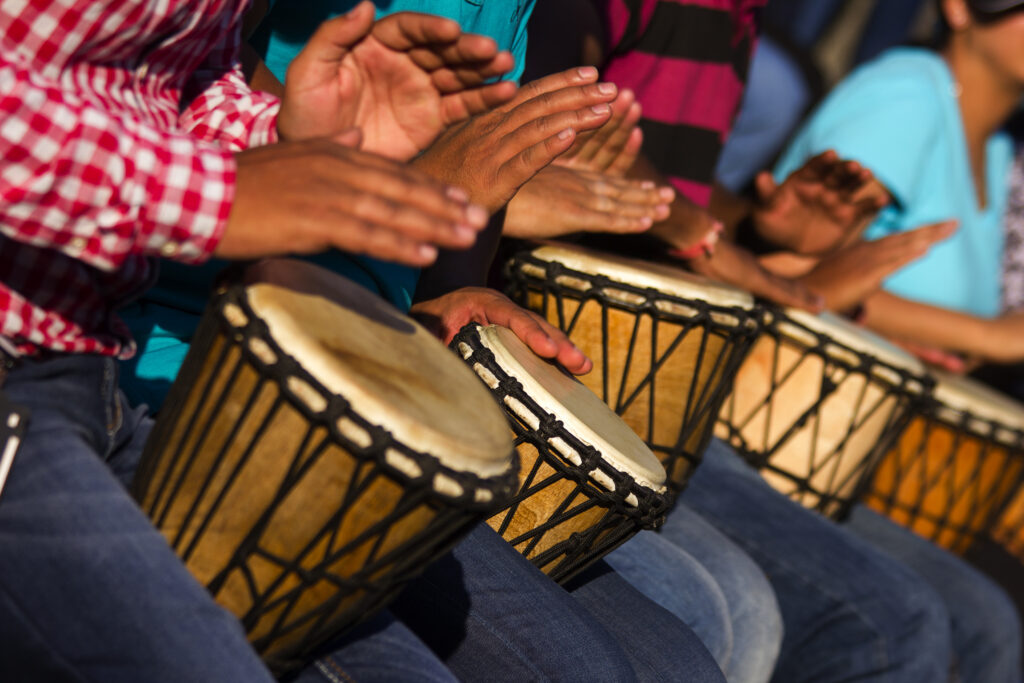by Cierra George (Navajo)
Traveling to Indigenous communities gives healthcare providers an opportunity the chance to learn from diverse cultures and contribute to the well-being of underserved populations. However, providing care on Native reservations requires thoughtful preparation beyond the typical clinical training.
Cultural Competency
One of the most critical aspects of working in Indigenous communities is cultural competency. Native American cultures are incredibly diverse, and customs, language, and traditions can vary significantly between tribes. Learning about the specific community you will be working with is essential for providing respectful and effective care.
Native American patients may not always feel comfortable expressing their concerns openly, especially with someone they see as an outsider. Listening actively and showing respect for their values and beliefs helps build the trust necessary for a therapeutic relationship. For example, in some cultures non-verbal communication is as important as verbal. Eye contact may be perceived differently, and silence is often used as a sign of respect.
Travel providers should be attentive to these nuances to avoid misunderstanding and foster a comfortable environment for their patients.

Adaptability and Resourcefulness
Providing care on Native reservations can be rewarding but also emotionally challenging. Healthcare workers often face difficult situations from managing chronic illnesses with limited resources to addressing the emotional toll of historical trauma. Adaptability and resourcefulness are key skills in these environments. Many communities are in remote areas with limited healthcare infrastructure. Travelers must prepare to work in environments where access to specialists, advanced medical equipment, or even basic supplies may be limited.

Community Engagement
As a healthcare professional, being accepted into a community often goes beyond the clinic walls. Engaging with the community in a meaningful way can enhance trust and cooperation. Participating in community events such as pow wows, arts and craft bazaars, weekend markets, or wellness events can show that you respect the communities’ traditions and want to be an active part of their world.
By fostering cultural sensitivity, and building trust within the community, providers can make a profound impact on the health and lives of Native American people.

